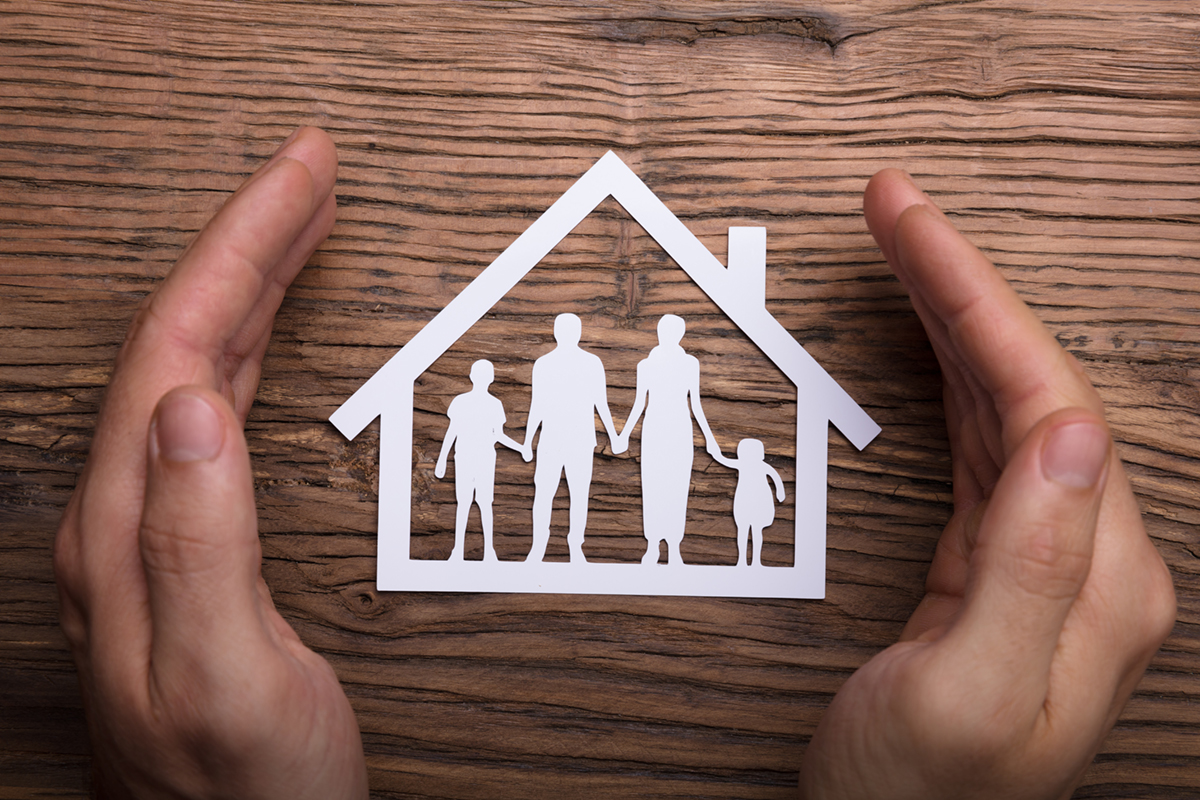
FAQs
How is ABWE Different Today?
ABWE is steadfast in our commitment to care for every child victim and to create a culture of vigilance to protect against harm to children. Our Child Protection Policy clearly defines abusive actions and sets up clear lines of accountability. We are also implementing much more comprehensive, stringent and ongoing oversight for the protection of all of our members, particularly our children.
These changes include the adoption of a new “best practices” Child Protection Policy developed in consultation with Child Welfare League of America to best address the complexities of child safety in an international context, and a top-tier mission-wide training and education program about child protection and how to report violations.
Read our full organizational statement here.
We continue to work diligently to create a safe, responsible and accountable environments for our staff, missionaries, children and communities. This involves education and accountability, ensuring all involved aware of their rights and how to report any misconduct related to children.
How Has ABWE Responded to Missionaries and Former Missionaries Impacted by Child Abuse?
Our dedicated Child Safety Response Team takes all allegations seriously, reporting them to the appropriate authorities first, and investigating them thoroughly.
The administration and board are also committed to providing support to any victim/survivors and their families in instances of abuse perpetrated by current or former ABWE employees and staff, and will enact swift and potentially severe consequences for those caught in violation of our child safety policies to the extent ABWE is able.
What Can Current and Former Missionaries With Information Regarding Child Abuse Do Today?
ABWE staff members who have questions or need help determining whether they are mandatory reporters or about whether they should make a report under a mandatory reporting law should contact the Child Safety Response Team (CSRT), immediately. Child abuse reporting laws often require mandatory reporters to make their reports within very short timeframes (e.g., within 48-72 hours). It is therefore critical that persons who obtain, become aware of or suspect abuse, neglect, or other prohibited conduct act quickly to alert ABWE and to determine their abuse reporting responsibilities.
Our Child Protection Policy defines a number of behaviors toward children that are prohibited, including physical abuse, sexual abuse, emotional, verbal and psychological abuse, neglect, criminal conduct, and poor boundaries and grooming. It also requires that staff members comply with mandatory child abuse and neglect reporting laws applicable to them when they become aware or suspect that a child has suffered abuse or neglect. Clear internal and external reporting guidelines and expectations are outlined, as well as procedures and consequences.
How Does Your Child Protection Policy Work?
While it’s hard to give a one-size-fits-all answer to how our policy mandates we handle all allegations of child abuse, there a few things that will always apply in every circumstance. The first is that all allegations of abuse are taken seriously and will be investigated thoroughly.
Secondly, we recognize that we are a missions agency and while we do many things well, we have very little experience in handling matters of child abuse well and appropriately—and in fact, historically have greatly failed in this area, at an enormous cost to the victims.
That is why we have developed a Child Safety Response team, which is specifically trained to deal with reports of child abuse and how to use the protocols outlined by our child protection policy.
The policy itself was written in conjunction with experts in international child safety issues, to address the complexities of reporting in more than 84 countries and has been vetted by the Child Welfare League of America (CWLA), the nation’s oldest and largest child welfare organization. The CWLA provided direct support in creating a policy that meets its standards for child welfare and protection. Their goal is to see that children are protected within the organization, not that the organization protects itself.
Any investigation that reveals sexual abuse under our policy will result in ABWE making a detailed report to the appropriate authorities, caring for victims, terminating the perpetrator from ABWE employment, and enacting other specific consequences to the extent we are able to for that individual, as determined by the situation.
